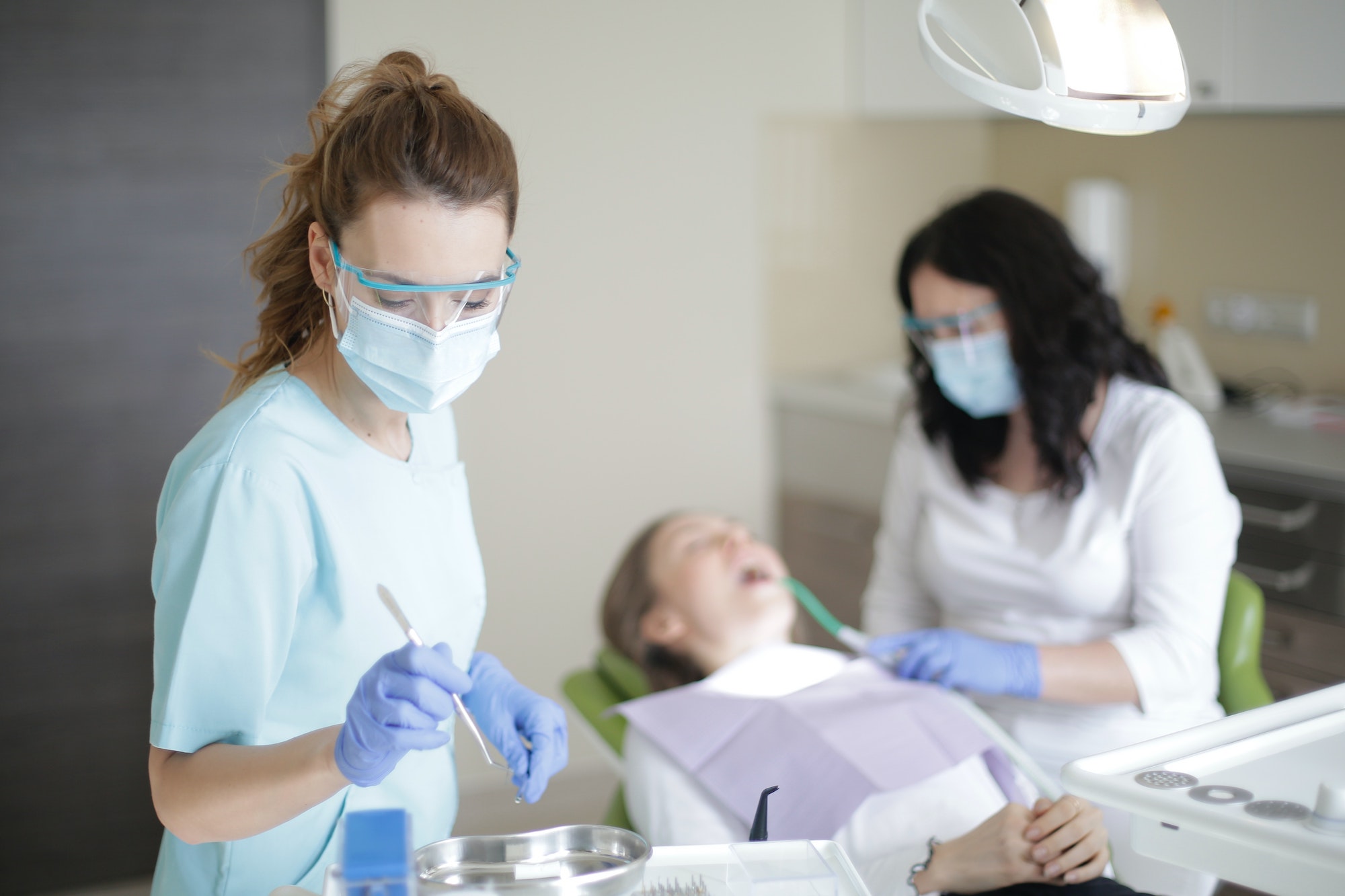10 Hidden Risks In Dental Care And How To Protect Yourself
Oral health in the UK is, generally speaking, at an all time high. Awareness of dental care, dental issues, and the best ways to avoid them has never been better, though there are still some concerning statistics surrounding our relationship with our teeth. For one, nearly 40% of adults do not visit a dentist regularly. There are many reasons this might be the case, but one reason presents itself in the form of risk. Sometimes, dentists don’t work as they should, with bad results for patients. What are the risks associated with visiting a dentist, and how can they be mitigated?
Many individuals struggle to find the best dentist in vienna va, contributing to the alarming statistic of 40% of adults neglecting regular dental visits. The challenge lies in navigating through the vast options, as the quality of dental care varies, underscoring the need for informed choices to ensure optimal oral health.
10 Hidden Risks In Dental Care And How To Protect Yourself
Missed and Mis-Diagnosis
One of the more common forms of negligence in medical care generally is misdiagnosis, or indeed altogether missed diagnoses. This is a little less common in dentistry, given the fairly straightforward nature of identifying such common maladies as infection and cavities, but can nonetheless occur – and with potentially disastrous results.
Injury by Dental Procedure
As for a more common risk associated with dental care, we come to injury during dental procedures. Whether a dentist or assistant makes an honest mistake mid-procedure, or is more generally negligent in their craft, painful, damaging and negligent injuries can result from even the more basic forms of procedure.
Financial Impacts of Poor Care
The above risks, and a number of others, have the potential to create serious financial disruption in your life. A failed or injurious procedure can create more pain, which can lead to time off work and loss of income. Missed and mis-diagnoses, as well as damage during a dental intervention, can also cause you to fork out more money for additional procedures or dental rectification.
The financial costs of negligent care should be incentive enough to contact personal injury solicitors, but can also be the central aspect of any civil case against a negligent dentist or facility. Proving any significant damages resulting from your experience can ensure you are recompensed accordingly.
Protecting Yourself from Negligent Care
Whether you have been unlucky enough to experience negligent dental care before, or you are concerned about experiencing it in the future, you may be wondering what steps you can take to minimise the risk of such malpractice occurring to you. Choosing the right dentist is, of course, the most effective way to address this problem. Patient testimonials and word-of-mouth suggestions are a great way to source a reliable dentist. Sticking with the same dentist will remove your risk of experiencing negligent treatment over time, too.
One of the fundamental ways in which you can reduce the likelihood of experiencing dental negligence, though, is simply to look after your teeth. To some this may be a condescending suggestion, but it is nonetheless an important one; if your teeth are healthier, then you are less likely to need more than a simple cleaning procedure. Brushing twice a day and flossing each night can help reduce the risk of decay, as can keeping a good diet without too much in the way of sugar or fizzy drinks.
Infection Risks
Dental procedures often involve equipment that comes into direct contact with your mouth. If proper sterilisation protocols are not followed, there’s a risk of infection, especially during invasive procedures like extractions or root canals. To protect yourself, ensure your dentist follows strict hygiene practices and only uses sterilised instruments.
Allergic Reactions to Dental Materials
Some dental procedures involve materials that might trigger allergic reactions, such as certain types of metals, resins, or latex in gloves. If you’re aware of any allergies, make sure to communicate them to your dentist beforehand. It’s also helpful to research the types of materials used in dental procedures and ask about hypoallergenic alternatives if needed.
Incorrect Implant Placement
For patients considering dental implants, there is a risk of implants being incorrectly placed, which can lead to pain, infection, and in some cases, the failure of the implant. Implant procedures require a high degree of precision, so it’s essential to choose a qualified and experienced dentist who specialises in this area. Research the dentist’s credentials, ask for before-and-after photos of previous patients, and don’t hesitate to request a second opinion if you have concerns.
Excessive Radiation Exposure
X-rays are a common diagnostic tool in dental care, but repeated exposure to radiation can be harmful, especially if X-rays are not administered with appropriate safety measures. Ensure that your dental clinic uses protective gear, such as lead aprons, and only recommends X-rays when necessary. Modern, digital X-ray equipment typically has lower radiation emissions, so ask if your dentist has updated technology to reduce exposure.
Temporary or Permanent Nerve Damage
Nerve damage, though uncommon, can occur during certain dental procedures, particularly those involving extractions, implants, or root canals. This may lead to temporary or even permanent numbness in the mouth, lips, or chin. Choosing a skilled dentist and understanding the risks before any procedure can minimise this possibility. Ask your dentist about their experience with these procedures and request a clear explanation of the risks involved.
Hidden Costs and Unexpected Bills
Hidden costs are another potential risk when visiting a dentist. Some patients may not fully understand the financial commitment of ongoing dental treatments or additional procedures, leading to unexpected bills. To avoid this, ensure that your dentist provides a detailed breakdown of costs, insurance coverage, and potential out-of-pocket expenses before any treatment begins.
By being aware of these risks and taking proactive steps, you can better safeguard your oral health while reducing the chances of experiencing negligent or problematic dental care.
In summary, while dental care is important to maintaining overall health, it comes with certain risks that shouldn’t be overlooked. By being informed about potential issues like misdiagnosis, procedural injuries, infections, and financial surprises, you can take control of your dental health and minimise negative outcomes.
Choosing a reputable dentist, maintaining open communication, and practising good oral hygiene are all proactive steps that can protect you from dental negligence. Remember, a well-chosen dental care provider not only helps prevent these issues but also contributes to a lifetime of confident, healthy smiles.









